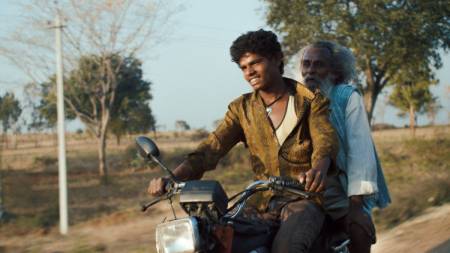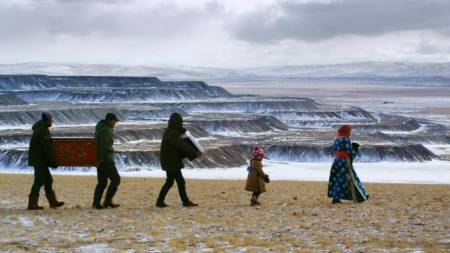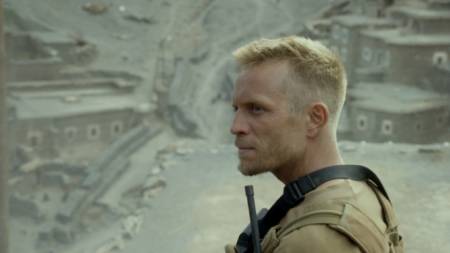Maverick indie helmer Zhao Liang continues his muckraking tour of China’s social and environmental woes with the stunningly lensed, cumulatively moving
Behemoth. Acting as a modern-day Dante on a tour through Inner Mongolia’s coal mines and iron works, Zhao (
Together, Petition) eschews narrative for an impressively self-shot poetic exercise in controlled righteous outrage, emphasizing the contrasts between rapidly dwindling green pastures and dead landscapes disemboweled by toxic mining. The human toll is also here in the final sections, making starkly clear the price impoverished workers pay for back-breaking labor. Zhao’s quiet yet powerful indignation will play to the arthouse crowd, and his striking visuals should ensure that
Behemoth receives berths beyond environmental fests.





 Reply With Quote
Reply With Quote






Bookmarks